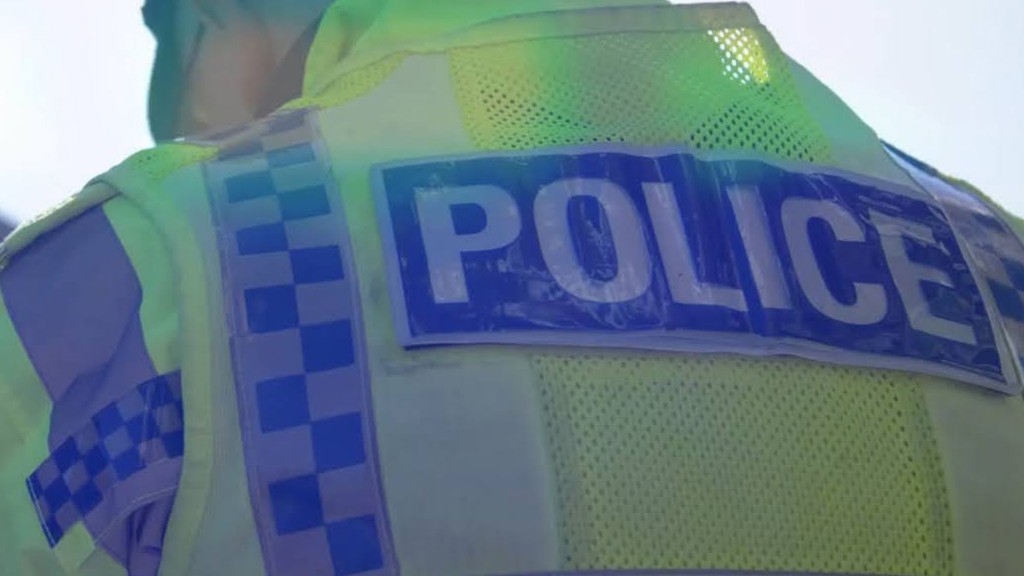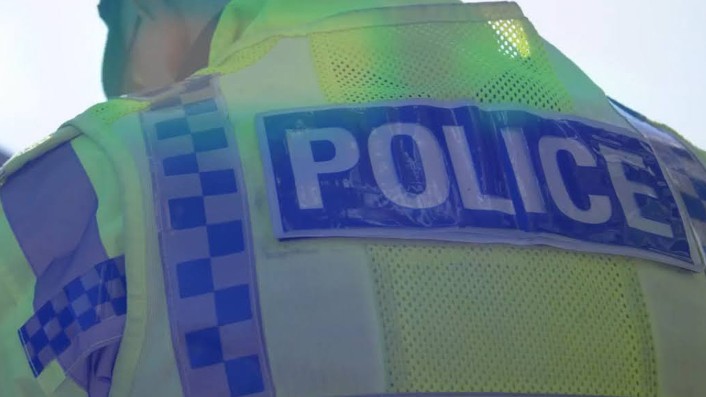
13 Dec 2024
Six myths about police media briefings busted
Two consecutive Sunday national newspaper columns later, and the police communications family want to set the record straight.
Our opinion is that the columnist has twice misled Mail on Sunday readers about the purpose of media briefings.
The priority of policing is to keep the public feeling and being safe. It is also our duty to make sure we are being open and informing the public, and one way that we do this is via the media.
Often investigations, particularly when dealing with the broader criminal justice system, can be complicated. Often there is a need to make sure that journalists are informed so that they can ensure their reporting is balanced, accurate, and contemporaneous.
The difficulty in the relationship between policing and the media has been well documented, and that’s why the National Police Chiefs’ Council (NPCC) and College of Policing are working with some of the most highly trained and professional crime journalists to ensure we improve the relationship. At a time when misinformation and disinformation can spread so quickly online, and where ‘influencers’ can freely present inaccuracies as facts, we still believe traditional media is a valuable channel via which we can keep the public well-informed and safe.
We completely appreciate that people are entitled to their opinion, but when it is inaccurate, we are entitled to set the record straight.
Let’s bust some myths.
Myth 1: The police hold media briefings ‘in the hope of influencing the way certain issues are reported.’
Not true. Much of what has been written in these two columns refers to a non-reportable pre-verdict media briefing held by Cheshire Police linked to the Lucy Letby case.
Media briefings like this are regularly held by almost all forces to help and inform journalists. They are not the only source of information they use to write stories. They allow journalists to better plan with their busy news desks and provide valuable content for background pieces.
But to ‘influence’ reporting in the negative way it has been suggested? It is highly unlikely that a professional journalist, or at least those we have dealt with, would be influenced.
Myth 2: ‘Access to the powerful makes reporters feel important, and they don’t want to lose it by upsetting their contacts.’
Again, not true. In June, a report was published by the Crime Reporters’ Association, the Society of Editors and the Media Lawyers’ Association titled ‘Police and the Media – Repairing the Relationship.’ It contained 26 recommendations, one of which reads:
‘Officers should seek to have a trusted dialogue with journalists and aim to provide regular updates in major investigations. There should be regular briefings, both reportable and non-reportable background briefings, so officers have the opportunity to offer guidance as well as information for publication. It should be normal for officers in high-profile cases to hold background briefings, taking journalists into their confidence to privately explain what they were thinking, providing insight about the direction of their investigation. Strictly not for publication, but it helps crime journalists understand the difficulties of the investigation and informs reporting.’
We are told the views of one columnist are not representative of crime reporters as a whole. These columns have caused concern among crime reporters, who are working hard to ensure there is professional relationship between policing and the media. Having media briefings as ‘normal’ is just one way of supporting that.
Myth 3: ‘I think the police… seek cosy relations with the media, so that they can keep those media onside.’
Not true. It has got nothing to do with ‘keeping those media onside,’ but everything to do with keeping the public informed by maintaining productive, constructive (but far from cosy) relationships with journalists.
One of the recommendations to arise from the College of Policing’s independent review into the Nicola Bulley investigation was to ‘consider how confidence between the police service and the media can be rebuilt, so that, for example, appropriate non-reportable media briefings are actively encouraged where there is a policing purpose.’
The NPCC, College of Policing, police force communications teams and senior journalists from the Crime Reporters’ Association, Society of Editors and the UK’s biggest commercial publishers are working together to progress this recommendation.
Myth 4: ‘It is up to barristers and witnesses to get their messages across in court. I really can’t see any need for the briefing.’
You guessed it – not true. 30 journalists did see the need for the briefing and attended the Cheshire Police briefing.
We shall quote from the College of Policing’s Media Relations authorised professional practice (APP), and its’ ‘non-exhaustive list of potential reasons for holding a media briefing.’
- To provide information that is in the public interest?
- To support operational or strategic objectives?
- To reassure the public and highlight good police work?
- To inform the public and local community of an innovative technique or noteworthy inter-agency cooperation (without revealing operational tactics)?
- To deter future offenders or prevent crime?
- To help manage media needs in a high-profile case?
- To encourage accuracy in the reporting of a complex case?
- To inform potential debate after a trial?
Myth 5: ‘But now the College of Policing has said such events [media briefings] are OK. It advises they are ‘most commonly used in very high-profile, sensitive or complex trials where briefing will help the media to report a case accurately.’
The Mail on Sunday column suggests this is new guidance from the College.
Right at the very top of the guidance on the College website where Mr Hitchens’ sources this information, it clearly states the guidance was first published in May 2017 – which it was, and in consultation with the Crime Reporters Association and the Society of Editors at the time.
This will be updated again, but we are not sure journalistic colleagues would be happy if we took out the guidance to provide non-reportable briefings. Nor would policing.
Myth 6: ‘A society in which the police seek to influence what newspapers publish, whether fact or opinion, would be a society that had gone badly wrong.’
Some common ground – at last! A free press is such a valuable asset to any society, and policing does not seek to influence what is published, so long as it is fair, accurate, and contemporaneous.
To reiterate – policing values its relationship, through mutual trust, with the media. We need each other to ensure the public are informed and, often, it supports us to catch criminals.
Media briefings are such a valuable tool to strengthen and reaffirm this relationship, and at a national level we will continue to empower force communication teams to feel confident arranging and delivering them.
After all, we know they will help to ensure reporting is fair, accurate, and contemporaneous.
From ‘various notables at the National Police Chiefs’ Council’
Contact information
Communications office
By phone: 0800 538 5058
By email: press.office@npcc.police.uk

